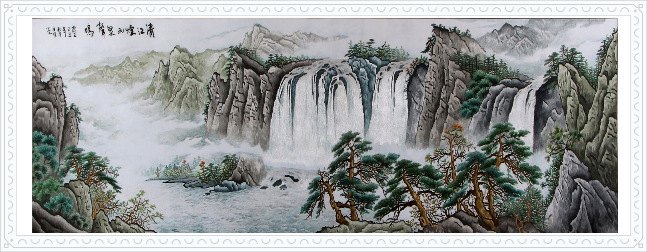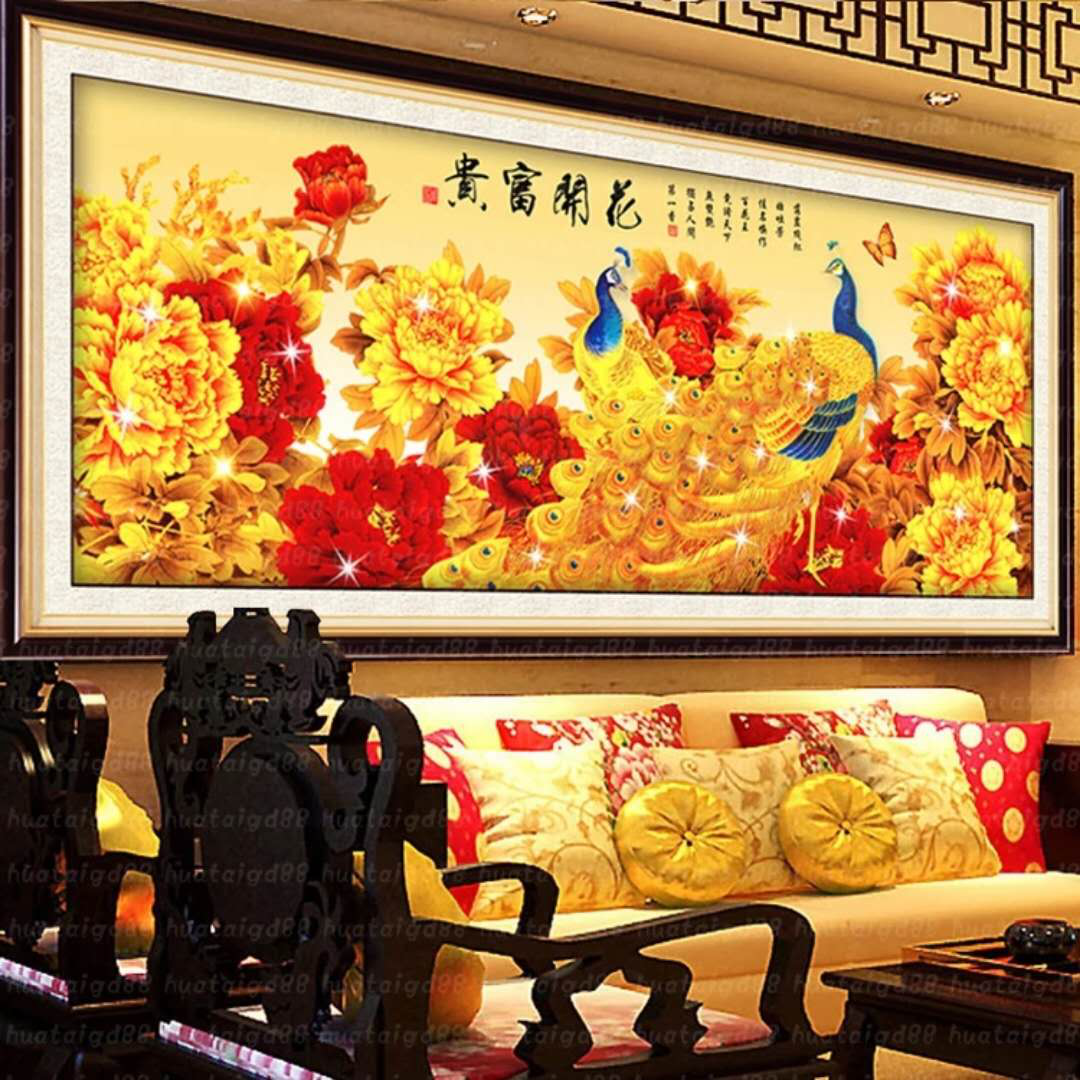European approved GSP for textile and apparel trade
Embroidery is the craft of decorating fabric or other materials using a needle to apply thread or yarn.
All things, leaving the beautiful decoration not so perfect! With a beautiful house ,spacious office, then we should consider buy some ornaments to embellish our sweet home or office yet.
Chinese famous painting ,do you feel the high-end atmosphere on the grade it ?
Some paintings will make you into it ,you feel like being in nature , can hear water gurgling ! Hand Embroidered Ornaments,Embroiderd Ornaments,Embroiderd Gifts,Suite Embroidery Haiyuan Aisha Handicrafts Company Limted , https://www.nxembroidery.com
This updated benefit system (GSP) eliminates tariff preferences (such as today's tariff cuts or zero tariffs), that is, for EU-importing countries, per capita income exceeds $4,000 for four years, which reflects the reality that many Pratt & Whitney Beneficiaries (including Russia, Brazil, and Saudi Arabia) now compete on an equal footing with the EU in the world market. The result of the vote was 503 votes in favor, 207 votes against and 37 votes.
The new rules will allow three new countries (Pakistan, the Philippines and Ukraine) to apply for EU zero tariffs on products they export to the EU under the "GSP+" incentive mechanism. In order to be eligible, these exports must be less than 2% of the EU's total GSP imports (above today's 1%), and these countries must prove that they are in compliance with 27 international conventions in the field of ** and sustainable development.
However, in order to ensure that the GSP+ concessions will not lead to a surge in imports and damage EU textile and apparel products, EU parliamentarians have negotiated a rule with the Council that if the EU imports from a country increase by 13.5% within one year (below (15% proposed by the Council), or imports of special products exceeding 6% of the EU's total imports of these products (below the Council's recommendation of 8%), will suspend the country's tariff preferences for such products
Members of the European Parliament also extended the scope of GSP-covered products to a number of unprocessed metals (aluminum oxide, lead, cadmium, and others) that have special value for some countries (mainly in Africa) and therefore remain in Benefit scheme.
The parliament oversees the GSP decision. This is the first time that the parliament has exercised its powers and has been proposed by the "Lisbon Treaty" to legislate on the GSP. Parliamentarians in the European Union have negotiated a rule to ensure that the parliament has a right of veto for coverage of GSP countries, product coverage, import thresholds, or any changes in the temporary cancellation of GSP preferences (currently Belarus and Myanmar).
Most high-income and upper-middle-income countries have been removed from the GSP. For example, Colombia and Peru have negotiated alternatives to free trade agreements or other preferential agreements. However, several countries in such countries, including Argentina, Brazil, Russia and Saudi Arabia, have not yet reached an alternative agreement.
Embroidery may also incorporate other materials such as pearls, beads, quills, and sequins. In modern days, embroidery is usually seen on caps, hats, coats, blankets, dress shirts, denim, dresses, stockings, and golf shirts. Embroidery is available with a wide variety of thread or yarn color.
Some of the basic techniques or stitches of the earliest embroidery are chain stitch, buttonhole or blanket stitch, running stitch, satin stitch, cross stitch. Those stitches remain the fundamental techniques of hand embroidery today.
As the saying goes: Clothes make the man ;The tailor makes the man; Fine feathers make fine birds.


